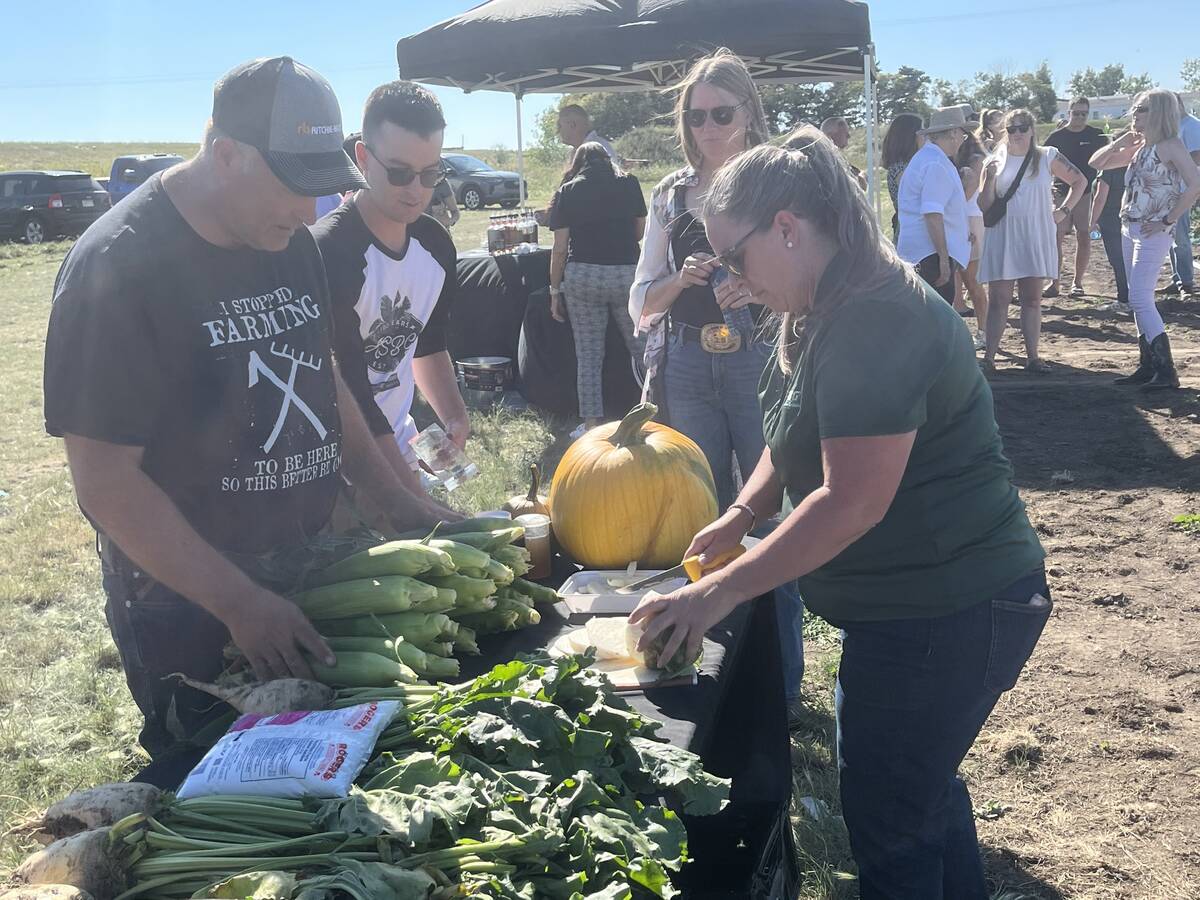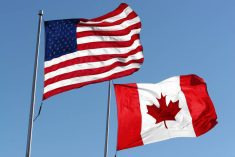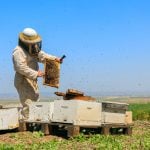By Jonah Grignon
The morning after Donald Trump’s election to his second term as U.S. president, Canadian farm and food leaders are considering how this could shift trade priorities for Canadian agri-food.
Trump’s pledges to boost competitiveness for American farmers could put Canadian farmers at a disadvantage and intensify the pressures on the Canadian ag sector, said Sylvain Charlebois, Director of the Dalhousie University Agri-Food Analytics Lab said in an emailed news release.
Read Also

Alberta farm lives up to corn capital reputation
Farm to Table Tour highlighting to consumers where their food comes from features Molnar Farms which grows a large variety of market fruits and vegetables including corn, with Taber being known as the Corn Capital of Canada.
“Canada must confront a transactional approach from a Trump-led U.S., one that may bring both predictability and hard-nosed negotiations,” he wrote.
A review of the Canada-United States-Mexico Agreement (CUSMA), set for 2025 and 2026, will be top-of-mind in for Canadian agriculture.
In an October speech, Trump said he intends to renegotiate CUSMA, Global news reported. Major changes to the agreement could have far-reaching effects on Canadian trade.
Canada should be pushing for the review to be a rundown of what worked and what didn’t, not a full-scale reworking, said Canadian Federation of Agriculture (CFA) president Keith Currie.
“We’re pushing for our government to remind the US and Mexico …US in particular, that this is a review, not a renegotiation.”
International tariffs are another potential challenge, Currie said. Trump could decide a particular Canadian product or industry has taken away from American producers and could levy tariffs without considering the bigger picture.
“I think that’s where our government, whoever our government’s going to be, certainly has a tough job ahead of them,” Currie said.
Many of President-elect Trump’s agriculture-facing plans remain to be seen.
“We really, honestly, I don’t think, know what his exact priorities are going to be going forward,” Currie said.
















